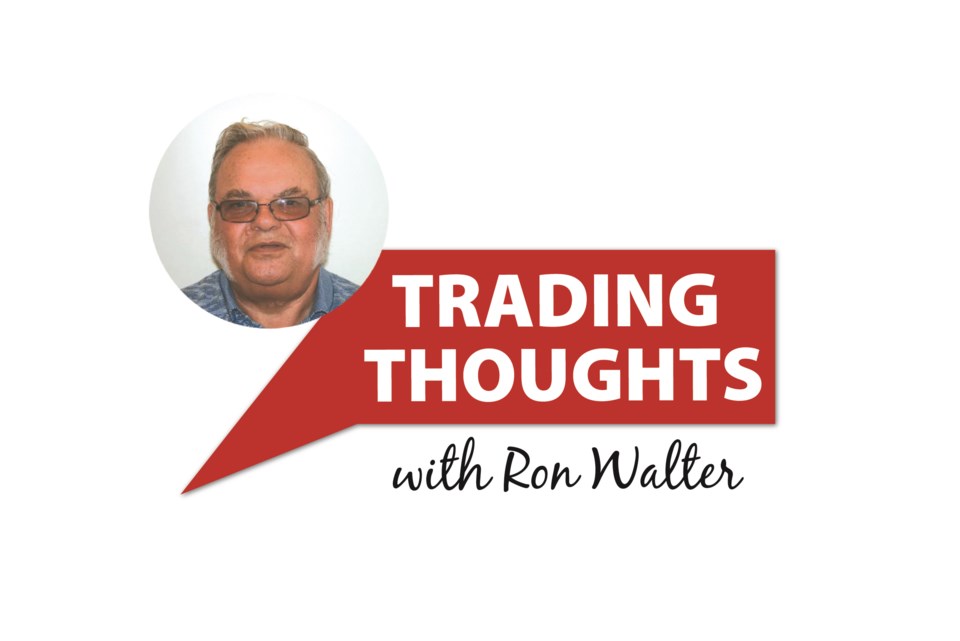Oh for the old old days of electioneering when things were so simple.
Election campaigns were twice as long but the interference with our daily life was not nearly as irritating, even interesting.
Instead of being bombarded with texts, e-mails and robo phone calls — some of them fake, some not fake — voters got their information on party policy from more relaxing sources.
Voters read the extensive news coverage, taking as much time as they needed to digest and absorb the meaning or nonsense of policy and promise announcements and speech propaganda.
Or voters listened to radio and television news and commercials. Most television commercials in the 1950s and 1960s featured the candidate or party leader in person. Voters could draw an impression of the candidate from these.
Today’s commercials depict damning comments about the other person, almost as if the candidates have no policy, but just take time to run down the other party.
The prime minister and the opposition leader travelled across Canada on trains ensuring that voters were never over-exposed to them. Small towns along the main lines got to see them.
In contrast, today’s leaders zip around the country in jets hip hopping to anywhere from three to five different ridings a day as they press the flesh and kiss babies. The baby kissing and flesh pressing part hasn’t changed.
One will never understand how shaking hands with a leader or candidate or having them kiss a baby influences a choice for the people who run the country.
In the good old days, politicians could get away with saying different things to different audiences. If they did, it took up to a week to become known by the public.
With the instant media in this era, double speak is easily and rapidly flashed across the nation.
There was no social media, no social media history on which exposure of candidates’ stupid uttering or activities could ruin their chances at the polls. People voted on the candidate they know today, not the one who did something dumb years ago.
One thing hasn’t changed: trying to buy votes with taxpayer money.
Before the election call, the Liberals poured money into marginal ridings they want to win. Conservative Prime Minister Stephen Harper did the same, but one account indicated Trudeau spent six times the last Harper bags of goodies.
Promises of spending programs to sway votes without offering the costs haven’t changed.
Trudeau promised to raise the old age pension 10 per cent, to raise survivors’ pensions, and increase the basic income tax exemption to $15,000.
Conservative leader Andrew Scheer promised a 1.5 per cent tax cut to income taxes for the first bracket. Scheer said the money would come from welfare to big corporations like the millions in environmental subsidies for freezers to Loblaws.
Given the Conservative’s close links to big business, one wonders if they would really cut the funds to big business.
Promises by the other parties don’t matter; they haven’t got a hope of achieving power. They can promise the moon knowing they can’t deliver.
Ron Walter can be reached at [email protected]
The views and opinions expressed in this article are those of the author, and do not necessarily reflect the position of this publication.




